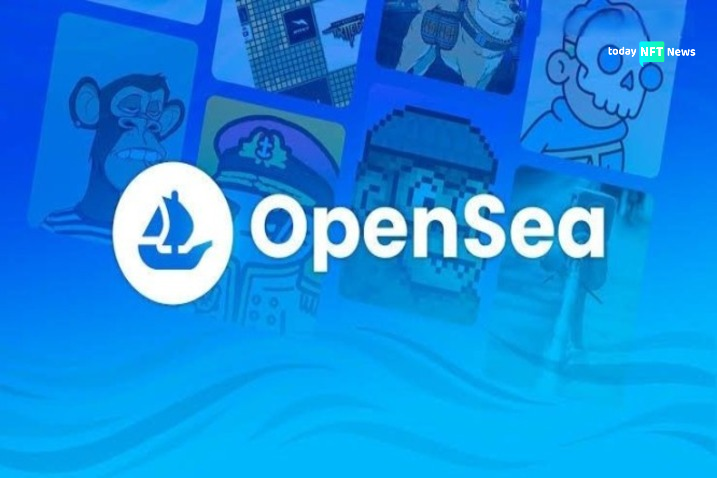SNEAK PEEK
- Nathaniel Chastain appeals to his insider trading conviction, questioning if NFT info is legally ‘property.’
- The decision may significantly impact legal standards in the NFT industry.
- Chastain’s defense is centered around the argument that the insider information he used for personal gain did not hold intrinsic commercial value, thereby challenging the legitimacy of the wire fraud and money laundering charges he faces.
Nathaniel Chastain, a former product manager at OpenSea, the renowned nonfungible token (NFT) marketplace, has recently taken a bold step in challenging his conviction. In May 2023, Chastain faced the consequences of wire fraud and money laundering charges linked to his insider trading activities involving NFTs. However, a new development has emerged. On January 16, Chastain’s legal team filed an appeal in the United States Court of Appeals for the Second Circuit, raising significant questions about the nature of the information Chastain used for personal gain.
The core argument of Chastain’s defense pivots on classifying NFT information as ‘property.’ His lawyers contend that the insider information he capitalized on does not meet the legal definition of ‘property.’ They argue that this information lacked commercial value to OpenSea and cannot be considered protected property. This perspective challenges traditional notions of what constitutes valuable information in the digital age, especially in the rapidly evolving NFT space.
Moreover, the appeal highlights an intriguing aspect of the case since OpenSea’s business model. According to the defense, OpenSea’s revenue stemmed from commissions on NFT transactions, not from the specific NFTs Chastain chose to feature on the platform. This argument suggests that while ethically questionable, Chastain’s actions might not align with the legal definitions of wire fraud and money laundering.
During his trial in 2023, evidence presented by prosecutors showed Chastain’s influence over which NFTs were featured on OpenSea. He reportedly purchased 45 NFTs before their public debut and sold them for a significant profit. This action, while profitable for Chastain, raised serious questions about the fairness and integrity of the NFT market.
In response to these allegations, Chastain was imprisoned for three months and fined $50,000. He was granted the opportunity to surrender himself to authorities by November 2. His appeal seeks to reverse his conviction and asks for a new trial, potentially setting a precedent in how insider information in the NFT market is legally interpreted.
The outcome of this appeal could have far-reaching implications for the NFT industry and digital marketplaces. It underscores the evolving legal landscape around digital assets and the need for clear regulations and ethical standards in this burgeoning field. As the case proceeds, it will undoubtedly attract the attention of legal experts and the NFT community, eager to see how these complex issues will be resolved in the eyes of the law.









